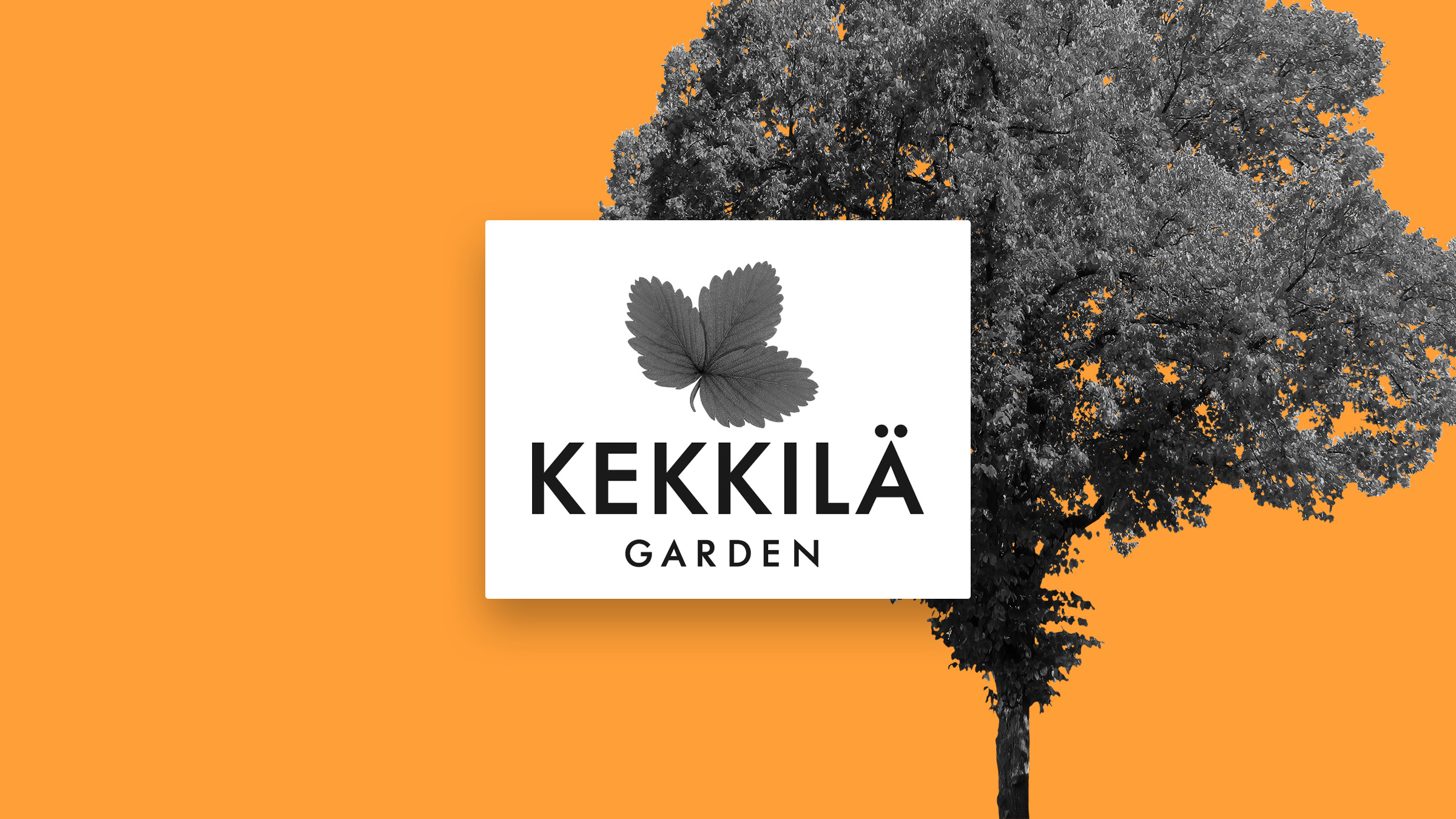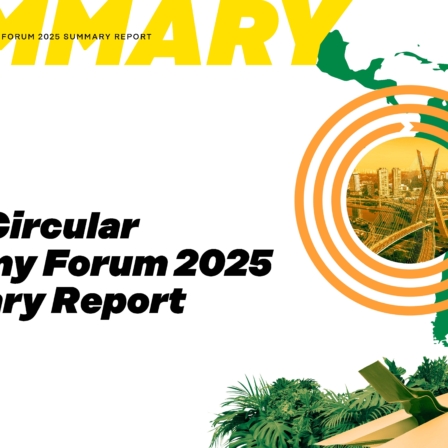Problem
There is an acute need for solutions to process organic waste produced by local communities and industrial operators. For example, wastewater treatment plants produce high volumes of nutrient-rich sewage sludge from which nutrients could be captured for reuse.
Solution: fertiliser from organic waste
Kekkilä produces compost fertilisers from organic waste sourced from factory sites. For example, Kekkilä’s soil-improving compost, which is made from a combination of biowaste, sewage sludge and grass clippings, is used in its ready-made landscaping substrates. The recycled nutrients are used in growing media in parks and other green spaces. The solution helps to create a closed nutrient cycle and reduces the need for additional nutrients from non-renewable sources.
Revenue logic and benefits to Kekkilä
Kekkilä sells growing media made from organic waste for various landscaping applications. The company is able to use recycled materials by offering a responsible processing method for problematic organic waste.
Benefits to customers and end users
By using Kekkilä’s products, customers are helping to convert waste into new growth in parks and other green spaces. The company’s compost products offer long-term fertilisation. They improve water retention and microbial activity in soil, which means happy plants. Microbial activity helps to release nutrients from the growing media at slow rates to better sustain the plants.

















Recommended
Have some more.